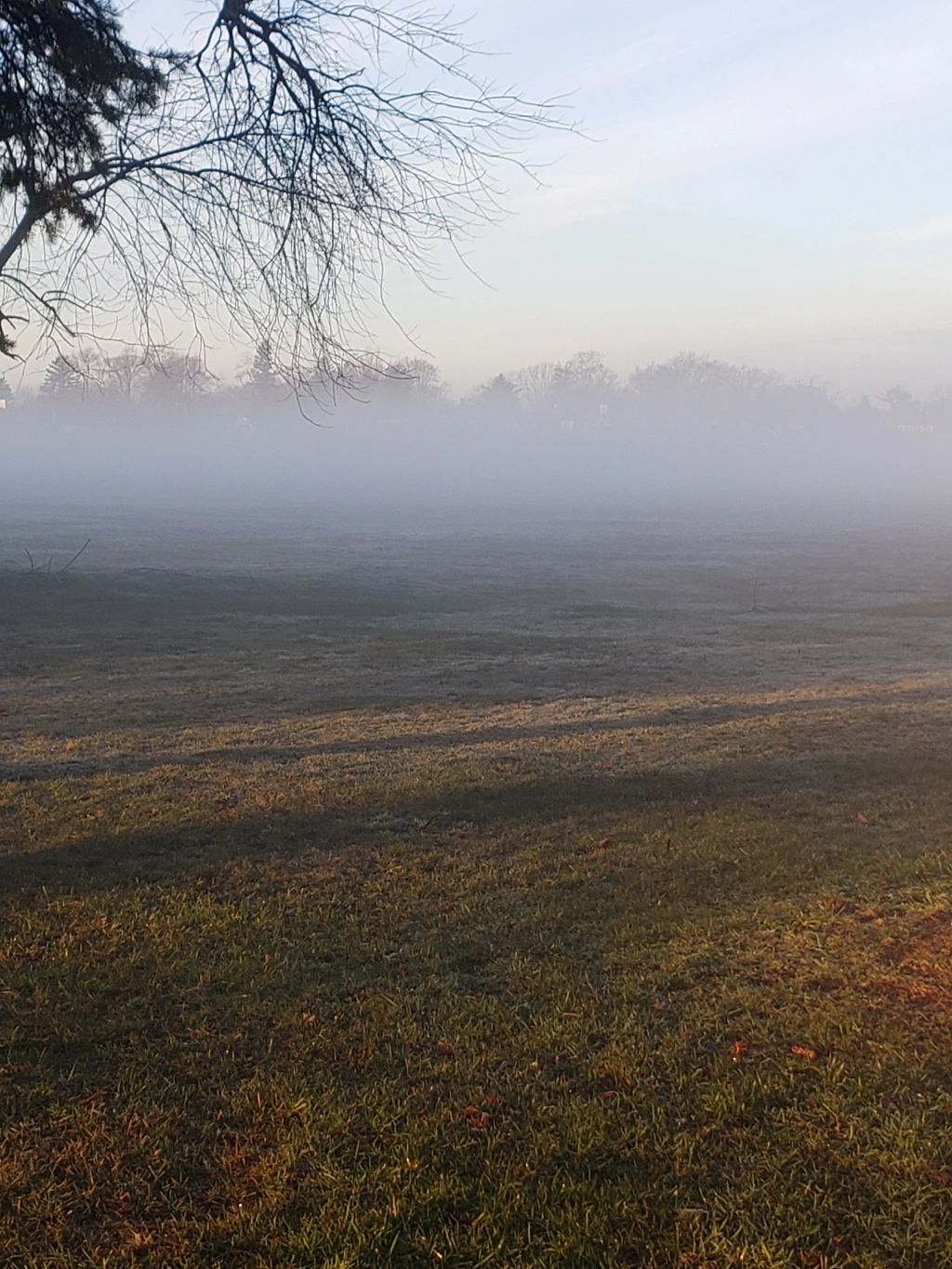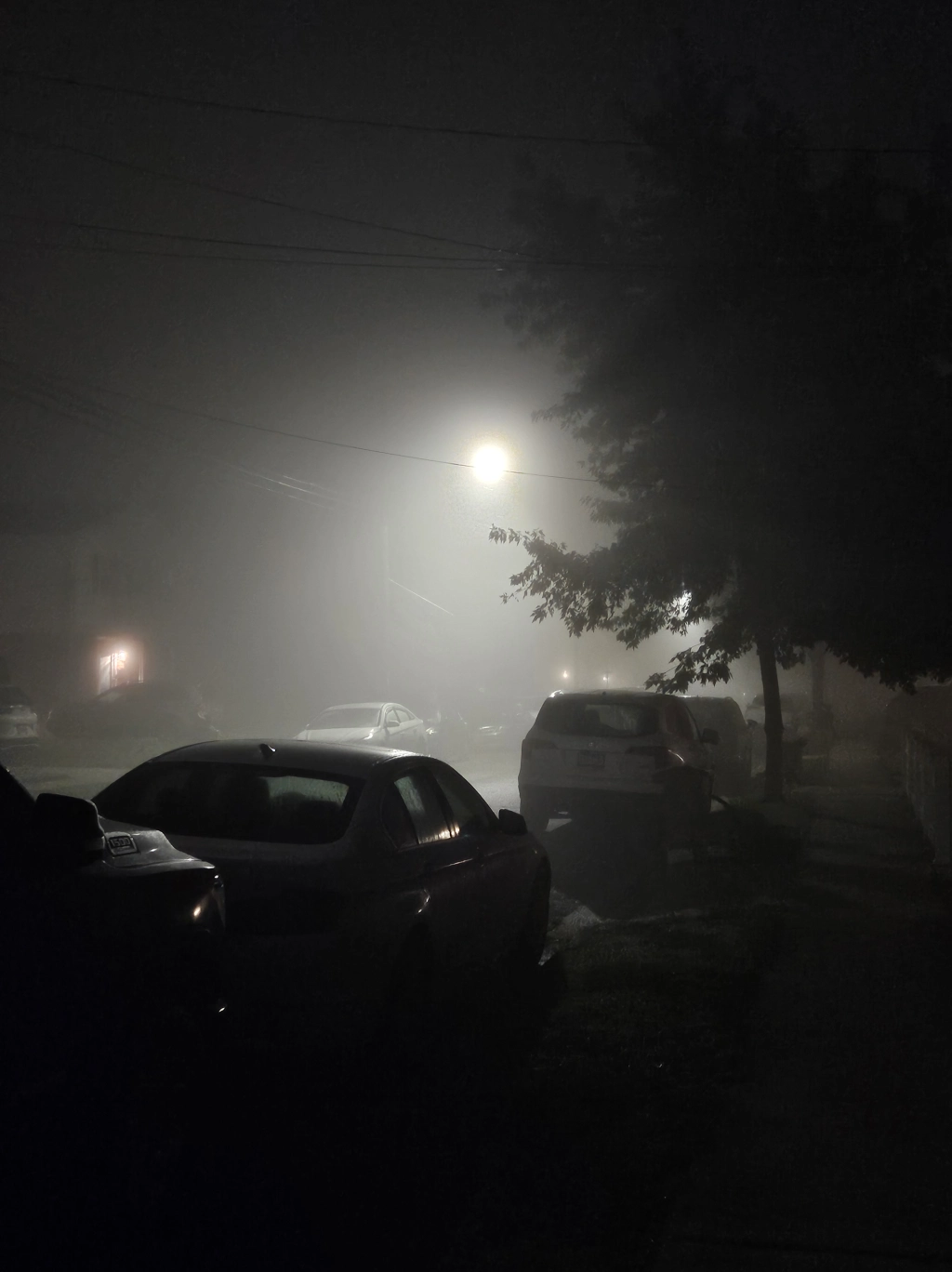
It’s Saturday night in Provincetown. I snag the last table at the Patio—the seat in back where dog owners bring their dogs, and every once in a while I catch a whiff of city methane from a nearby sewage grate, but there’s no roof at this restaurant so I can see the outline of the pandemic moon in the night sky. Still, I am celebrating myself, the single Pringle, with a glass of Cava and Wellfleet oysters on the way. Earlier, I watched the absence of waves at the beach, counted my blessings for all the deep silences. Last time I was in town, I plunged into the waters at Herring Cove, feeling unmoored. But tonight I’m lifted by the thumping techno K-pop a few doors down, and the off-key, late-night singalong of “Rocky Mountain High” at the bar across the street. Tonight death feels distant, so outside of time it makes me want to trust again, trust my no-bullshit waiter who doesn’t try to upsell me or rush me out for the larger party, and the busboy who nods as I write in my journal, smiles as he takes the second chair from the table, his uniform is midnight blue and his eyes are sparking gems. This is lyric time and tonight we all are living in tandem, our lives talking back to other lives. Every love story starts in want, which makes it ok for me to wander these crowded streets, alone, as the gray fog rolls in.

January Gill O’Neil is an associate professor at Salem State University and the author of Glitter Road (forthcoming, 2024) Rewilding (2018), Misery Islands (2014), and Underlife (2009), all published by CavanKerry Press. From 2012-2018, she was the executive director of the Massachusetts Poetry Festival. The recipient of fellowships from the Massachusetts Cultural Council, Cave Canem, and the Barbara Deming Memorial Fund, O’Neil was the 2019-2020 John and Renée Grisham Writer-in-Residence at the University of Mississippi. She currently serves as the 2022-2023 board chair of the Association of Writers and Writers Programs (AWP).
Image: “Records on Records” by Daniel Nester




